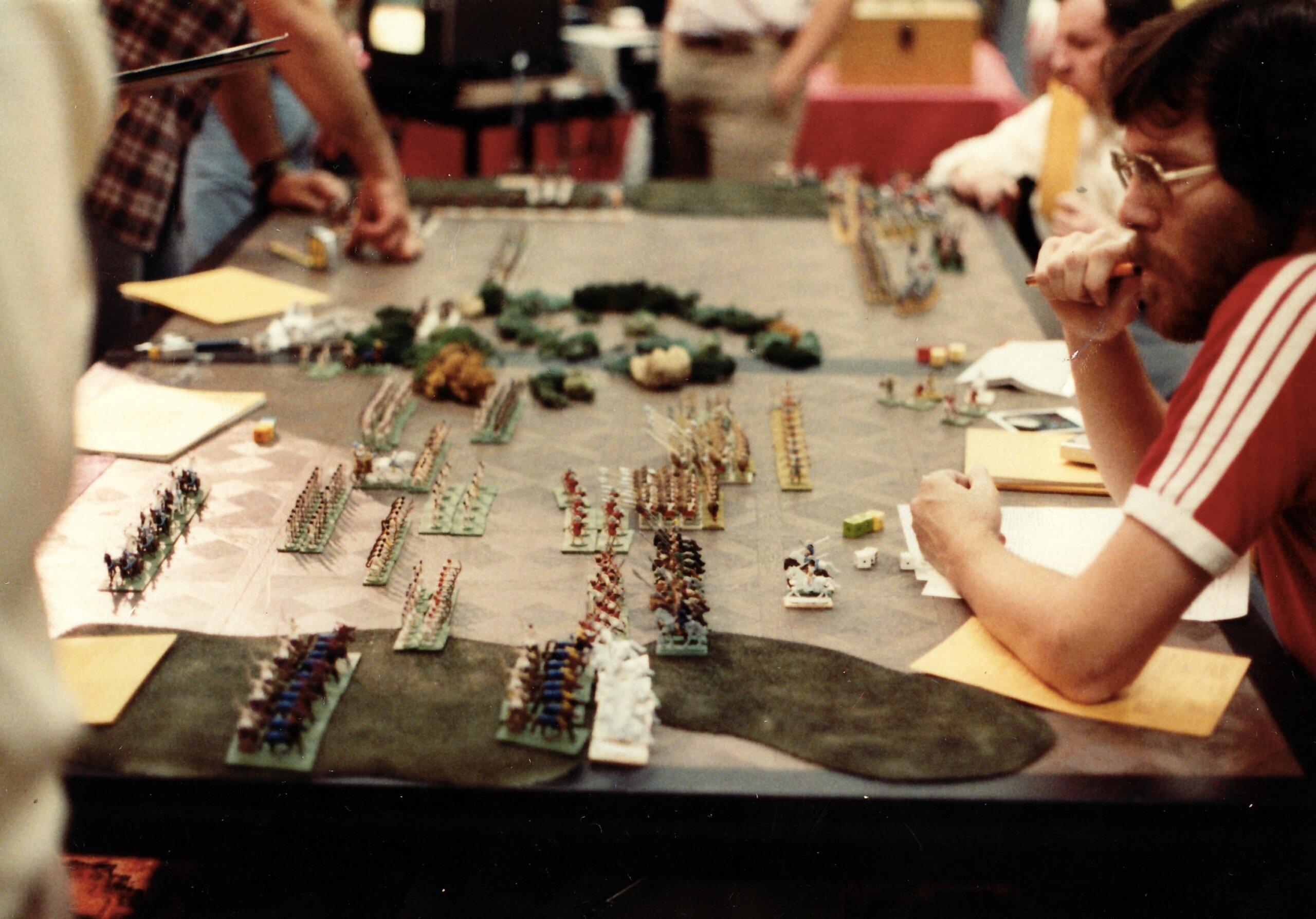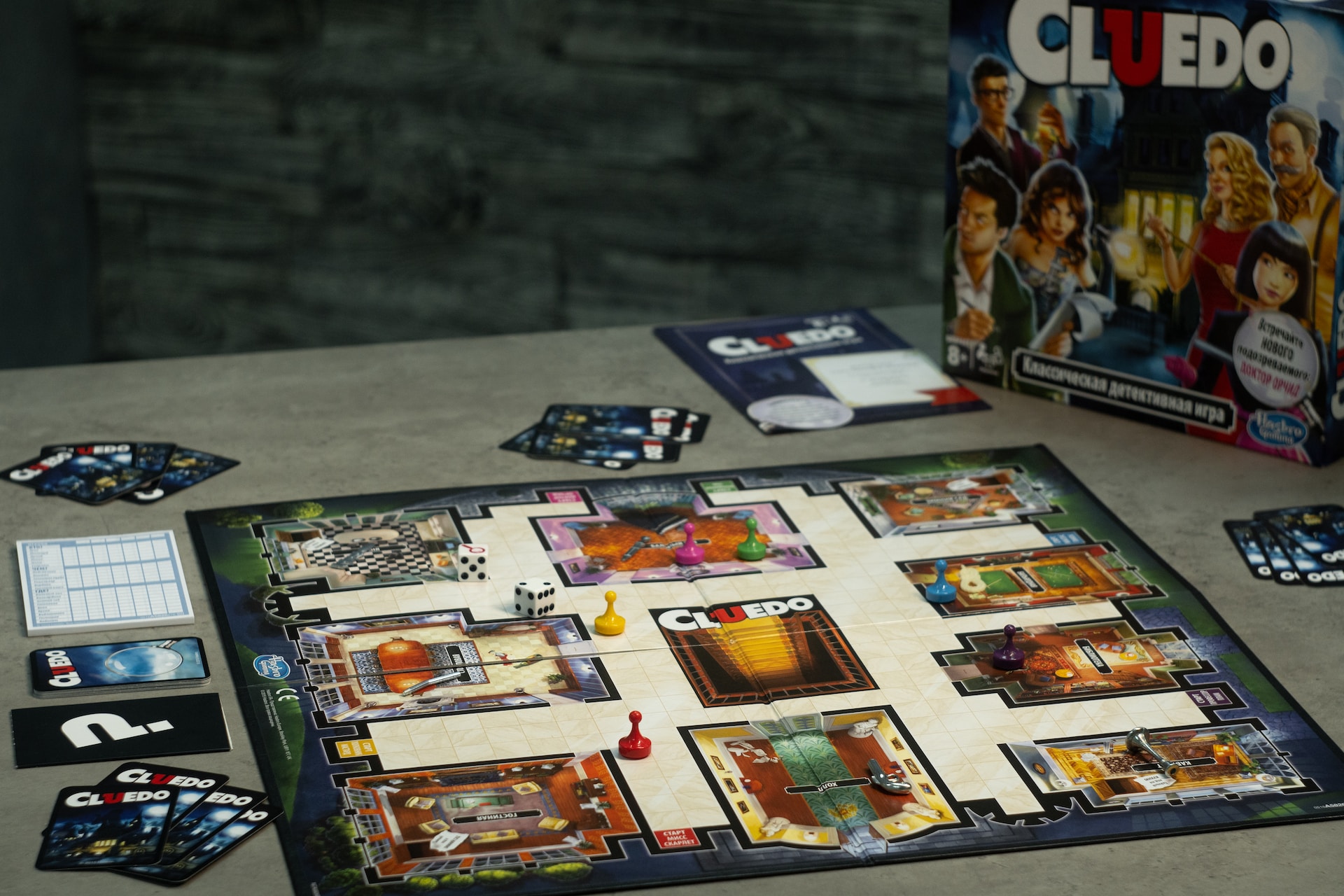Monopoly is one of the most iconic board games of all time, with a rich history spanning over a century. Its origins can be traced back to 1903 when Elizabeth Magie created “The Landlord’s Game,” aimed at educating people about the dangers of monopolies. In the 1930s, Charles Darrow put his spin on the game, creating the version we’re all familiar with and catapulting Monopoly to massive success.
With over 275 million copies sold worldwide, it’s no wonder Monopoly has become a beloved classic, bringing friends and families together for hours of fun and fierce competition. In this guide, we’ll walk you through the basics of Monopoly, including gameplay mechanics, winning strategies, and variations, so you can master the art of buying, selling, and trading properties and reign supreme as the wealthiest player on the board.
The Origins of Monopoly
As we mentioned earlier, the game’s origins can be traced back to the United States in 1903, when Elizabeth Magie created “The Landlord’s Game.” Her original intent was to use the game as a tool to educate people about the negative impact of monopolies on society.
Players would engage in buying and selling properties, and the ultimate goal was to collect rent and bankrupt their opponents. It wasn’t until the 1930s that Charles Darrow created a modified version of the game, which he called “Monopoly.” The game quickly became a sensation after Darrow sold it to the Parker Brothers company, and it has since sold millions of copies worldwide. Monopoly has become a beloved classic and has been adapted into countless editions and variations, thanks to its simple yet engaging gameplay, and its ability to bring people together for hours of fun and competition.
Gameplay Mechanics
Monopoly can be played by 2-8 players. The game includes a game board, two six-sided dice, and sets of properties, houses, and hotels. At the start of the game, players choose a game piece and roll the dice to determine who goes first. With each turn, players roll the dice and move their game piece along the board. The board features spaces that represent properties, railroads, and utility companies that can be purchased or sold. If a player lands on a property, they can choose to buy it or leave it for the next player. When other players land on a property that a player owns, they pay rent to the owner. The objective of the game is to bankrupt your opponents by collecting rent and owning the most properties.
Winning Strategies
To win at Monopoly, players must make strategic decisions about buying and selling properties, managing their money, and negotiating with other players. Here are some winning strategies that can help players increase their chances of success:
Buy Properties Early in the Game
Buying properties early in the game can provide a solid foundation for your future gameplay, and collecting rent from those properties can help generate steady income.
Focus on Building Houses and Hotels
Focusing on building houses and hotels will increase the rent that your opponents must pay when they land on your properties, making it more difficult for them to collect the necessary funds to stay in the game.
Manage Your Money!
Keeping track of your money and making smart decisions about buying and selling properties is vital to success in Monopoly. You should be careful not to overspend on properties that may not generate enough income to be profitable.
Trade with Your Opponents
Negotiating with other players to trade properties or money can be a valuable way to gain an advantage in the game. You should pay attention to which properties your opponent’s own and try to trade strategically to gain an edge.
Expansions and Variations
Monopoly has become so popular that a multitude of expansions and variations have been developed over the years. Some popular variations include, “Monopoly: Electronic Banking Edition,” which replaces the traditional paper money with a debit card system, and the “Fortnite Edition,” which incorporates elements from the popular video game. Moreover, numerous custom versions of the game are available, featuring different cities, themes, and pop culture references. However, it’s important to note that these expansions and variations require the base game to play and may add additional complexity to the game.







